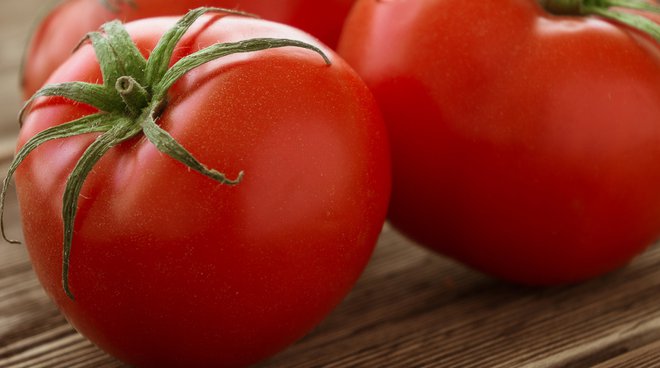Healthy and Sustainable
AGAINST THE COLD
Scarves and sweaters aren’t enough protection in winter: a little wisdom is also required when it comes to mealtimes and choosing the food we eat!

Scarves and sweaters aren’t enough protection in winter: a little wisdom is also required when it comes to mealtimes and choosing the food we eat!
Children and the elderly are most affected by the cold, but no one is immune from the danger of viruses and bacteria. Winter-related diseases are predominantly of the viral kind and appear most frequently in the cold season because we tend to stay in closed and humid environments, where heat and the lack of air exchange create a natural breeding ground for the reproduction of viruses and bacteria. At school, in the cinema, at home and in crowded places it is easier to get sick.
The secret to reducing the risk of getting sick is to stay in closed and crowded environments as little as possible. It is not always easy to avoid such environments, so food becomes an essential ally to help us stay healthy.
Our body essentially requires protective nutrients, above all anti-oxidants, and the diet which best guarantees a balanced relationship between macro- and micro-nutrients is the Mediterranean one.
With its five portions of fresh fruit and vegetables a day, it is ideal for the cold season: in winter, it is advisable to eat citrus fruits, kiwis, broccoli, cabbage, Savoy cabbage, peppers and tomatoes because they are all rich in vitamin C.
One way of making our immune system work well is to always keep our bowels in good working order: yogurt (lactic acid bacteria) keeps the bacterial flora healthy.
Several essential fats like omega 3 are also protective nutrients.
It is advisable to eat fish three times a week, as well as two or three walnuts or a handful of almonds, without exaggerating because they are high in calories.
Vitamin C is one of the most effective anti-oxidants, it carries out an important protective action and helps to combat the inflammation caused by bacteria and viruses. Vitamin C supplements are not necessary to protect ourselves from colds or sore throats; we just need to eat citrus fruits, kiwis and vegetables such as peppers and tomatoes.
Be careful, however, because vitamins perish easily: fruit should be eaten raw and, if squeezed, drunk immediately; vegetables should be eaten raw as soon as they are cut. An enemy of vitamin C, but not only, is smoke: cigarettes neutralize large amounts of it.
Vitamin C encourages iron absorption, above all the kind contained in vegetables: this is a good reason to dress spinach with lemon and not just vinegar.
Vitamin E (olive oil, nuts, green-leaf vegetables) is also a powerful anti-oxidant which intervenes on other functions like protection of the red and white blood cells and tissues like the skin. It is a liposoluble vitamin and heat-resistant, like vitamin A, another important anti-oxidant and essential micro-nutrient.
Iron and Zinc are two essential minerals for the body and for a healthy immune defense system. Zinc (milk and by-products, meat and whole cereals), for example, is an essential nutrient because it stimulates the production of antibodies.
Selenium (milk and by-products, mushrooms, meat, whole cereals) also has an important anti-oxidizing function and contributes to boosting the immune system improving the production of antibodies. Its action is increased in association with vitamin E, which is found in curry, paprika, turmeric. Spices also have a vasodilatory effect which encourages perspiration and thus stabilizes body temperature. And if we sweat, we have to drink!
Water is extremely important: in winter hot drinks, like infusions and herbal teas, in addition to black or green vegetable tea or hot chocolate with good amounts of polyphenol anti-oxidants are always welcome.
The contents of this article are in accordance with the parameters set out by the European Food Safety Authority - EFSA.
NEWS
ALSO IN FOOD TRENDS
Healthy and Sustainable
Health and tomatoes: low-calorie recipes
Integrating low-calorie recipes into your diet is essential for anyone aspiring to maintain a healthy, balanced lifestyle. In this context, the tomato stands out as an ingredient known both for its nutritional value and versatility in cooking.
Healthy and Sustainable
What to add to puree? The right sauce for every taste
Tomato sauce is a classic of Italian cuisine and, starting with the basic recipe made with sautéed onion and basil, this delicious sauce can give you unforgettable moments of flavor!
Healthy and Sustainable
Recipes with grains for a cool summer
Four delicious recipes with grains, excellent also chilled, for a cool summer.


